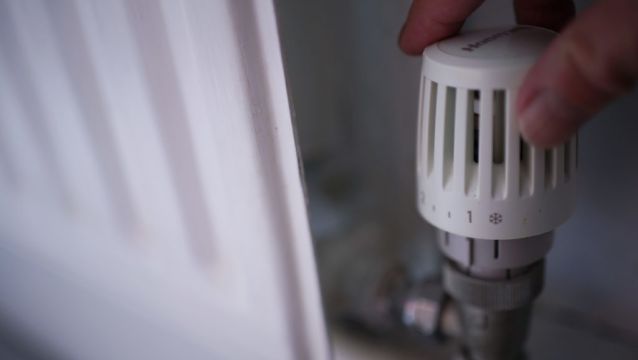A planned windfall tax on electricity companies "is a drop in the ocean but not going to be the dig out that we need," according to energy researcher at University College Cork (UCC), Dr Paul Deane.
Dr Deane, who is a senior researcher in clean energy futures with Science Foundation Ireland's MaREI Centre, said the idea of a windfall tax is politically and publicly very appealing.
However, he believes it is unlikely to be a "panacea" to the energy crisis we are having in the country at the moment.
Taking the €1 billion annual figure the tax is expected to generate, Dr Deane said: "It sounds like a lot of money but if you were to spread that around all the families who use electricity in Ireland that would reduce a monthly electricity bill for a family by about €40 a month.
"Now that is helpful, but it is certainly not the dig out that we need and certainly not going to offset the massive increases in our electricity bill that we have all seen over the last twelve months. But it is helpful. It is something necessary to do."
However, Dr Deane said the €1 billion estimate is also "incredibly optimistic".
Electricity bills
"Behind the scenes what we are seeing is that a lot of companies are actually using excess revenue that they are making on the generation of electricity to offset losses or to push up against increases in electricity bills for customers.
"Now that might sound unusual given the incredible electricity price increases we have all seen over the last number of months. But if Irish families and Irish firms were fully exposed to the commodity prices we have seen in the international market at the moment we would expect Irish electricity prices to be higher.
"I think a lot of this is actually happening behind the scenes already and I would expect a much lower value than €1 billion to materialise."
Dr Deane said it is important to "manage our expectations" about what a windfall tax and surplus contribution on energy companies could achieve.
Instead, he said the Government should look at assisting the most vulnerable in society through the energy crisis.
"The expectation of windfall tax - often that narrative doesn't play out in the numbers we see.
"What we are doing around direct payments to families is a good idea, but it needs to be improved. It needs to go to targeted families who need it. Giving every family three payments of €200 is politically popular but is it is not dramatic, and it is not sustainable. "







